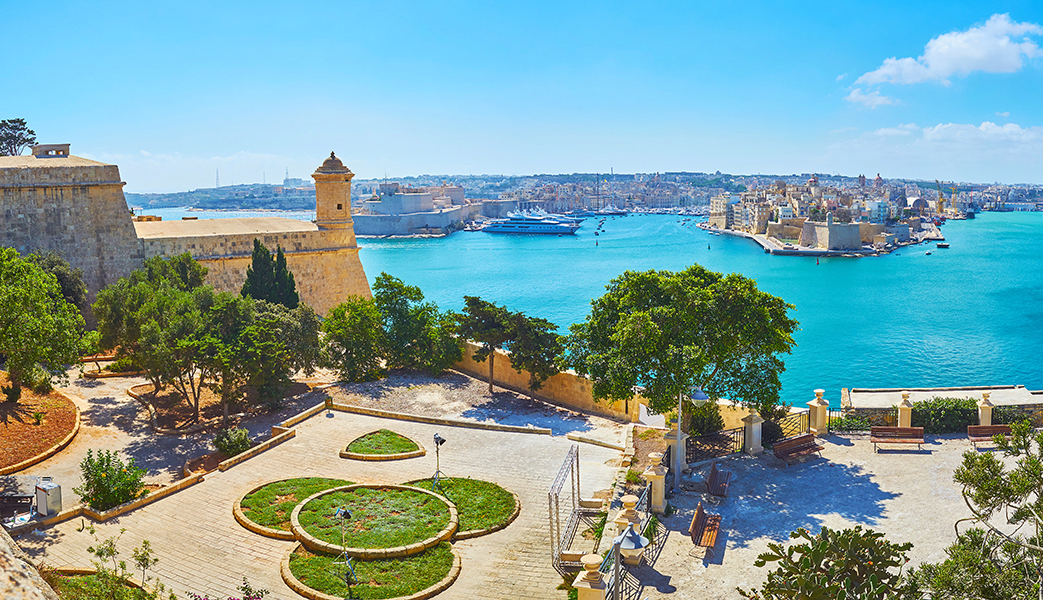Malta Vision 2050 plans to represent a bold and transformative initiative aimed at shaping the nation’s future through a comprehensive framework that integrates social, economic, and environmental development. Spearheaded by the Office of the Prime Minister, delegated to the Ministry for the Economy, Enterprise, and Strategic Projects, and supported by the Malta Council for Economic and Social Development (MCESD), this vision seeks to unify various sectoral strategies under one cohesive plan. The MCESD specifically set up a task-force to support this process with proactive thinking and recommendations. The draft report, launched in April 2025, outlines the mission statement and strategic pillars with objectives that will guide Malta’s progress over the next 25 years.
A Collaborative Approach to Development
The development of Malta Vision 2050 has been characterized by extensive stakeholder engagement, including consultations with political parties, businesses, youth representatives, and civil society. The MCESD played a pivotal role in facilitating these discussions, ensuring that diverse perspectives were incorporated into the vision. By fostering collaboration across sectors, the initiative aims to transcend political cycles and create a shared
national direction that prioritizes long-term sustainability and resilience.
Strategic Pillars of Malta Vision 2050
The vision is anchored around four strategic pillars, each addressing critical aspects of
national development:
1 – Sustainable Economic Growth
2 – Accessible, Citizen-Centred Services
3 – Resilience and Education
4 – Smart Land and Sea Usage
Driving Clarity Through Good Governance
Good governance is a cornerstone of Malta Vision 2050, with the draft report emphasizing transparency, accountability, and evidence-based decision-making. The introduction of key performance indicators (KPIs) for every ministry and sector will enable progress tracking and ensure that the vision remains on course. These KPIs are planned to be published on a dedicated website, allowing stakeholders and citizens to monitor developments and hold
policymakers accountable.
The vision also proposes a shift beyond traditional measures of national progress, such as GDP, to include broader indicators such as life satisfaction, quality of education, healthcare outcomes, and community relationships. This approach reflects a commitment to building a society where well-being and opportunity are at the heart of every decision.
In this respect, Malta Vision 2050 identifies a number of national targets for 2035 and 2050. By 2035, Malta aims to reach the top 20 in the global Human Development Index rankings, and by 2050, to be in the top 10. Median disposable income is projected to reach 135% of the EU27 average by 2050, up from 93% in 2023. Similarly, Malta seeks to be among the top five EU countries in terms of overall life satisfaction, a metric that encapsulates personal well-being, financial security, work-life balance,
and social cohesion.
Social, Economic, and Environmental Impact
Malta Vision 2050 aims to create a more inclusive and equitable society by addressing social disparities and enhancing quality of life. Economic initiatives, such as scaling up semiconductor production and developing a mass transport system, are designed to boost Malta’s competitiveness while promoting sustainability.
Environmental priorities include achieving carbon neutrality, preserving biodiversity, and implementing green infrastructure projects. These efforts align with global trends and ensure that Malta remains resilient in the face of climate change and other challenges.
A Call to Action
The draft report invites all Maltese citizens to participate in shaping this Vision of a Nation through public consultation, which will run until September 2025. Prime Minister Robert Abela has emphasized that Malta Vision 2050 is not merely a government plan but a national conversation that transcends political boundaries. By engaging with the process, individuals, communities, and organizations can contribute to creating a future that reflects their aspirations and values.
Conclusion
Malta Vision 2050 represents a significant step forward in defining the nation’s long-term development. Supported by the collaborative efforts of the MCESD and other stakeholders, the vision provides a clear roadmap for achieving social, economic, and environmental progress through good governance with a well-defined north star that is agreed by all for the medium to long term. As Malta embarks on this journey, the commitment to inclusivity, sustainability, and resilience will ensure that future generations inherit a country that is dynamic, prosperous, sustainable, healthy and full of opportunity.


